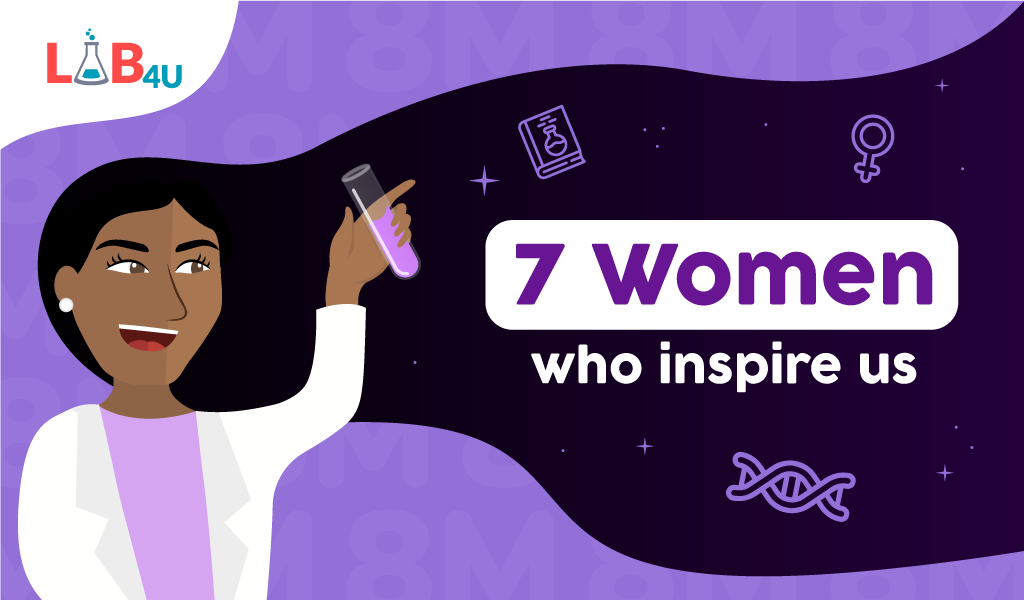
7 Women who inspire us
By Lab4U Team
Throughout history women have made significant contributions to science, yet many of their achievements have been ignored or overshadowed by their male counterparts, with some of these women even having to pose as men making contributions under male pseudonyms.
Luckily, during the recent years, it has been possible to make visible the relevant work that many women have done in scientific matters. This is why, we will highlight seven contemporary women who have made innovative contributions in their respective fields, demonstrating with their work that there are female referents in STEM issues that have been able to contribute and make a difference, and that today, it is imperative to highlight in order to inspire the new generations.
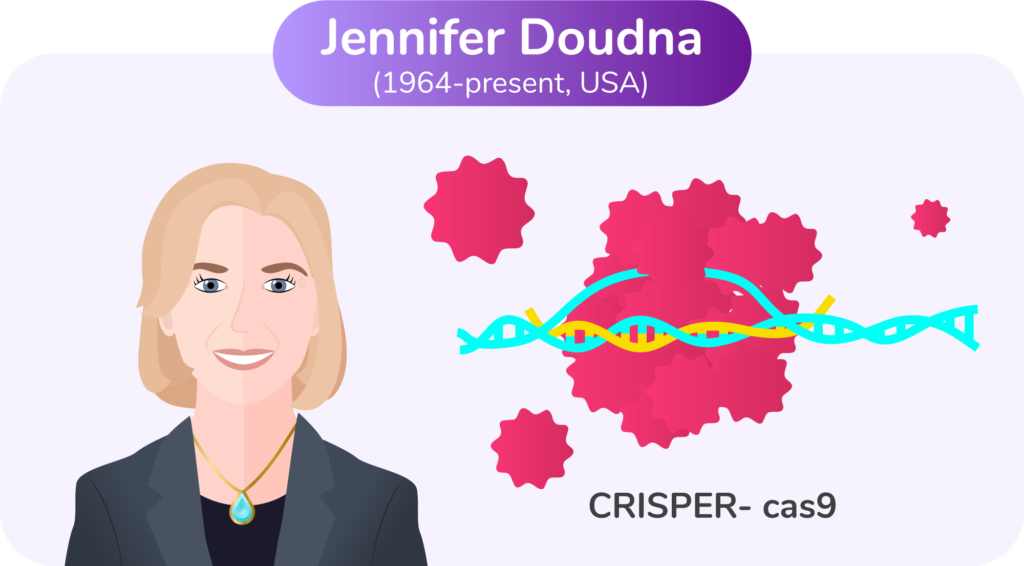
Jennifer Doudna is a biochemist and winner of the 2020 Nobel Prize in Chemistry, her contributions as co-inventor of the revolutionary CRISPR-Cas9 gene editing technology. This breakthrough has the potential to revolutionize medicine and agriculture by allowing scientists to edit genes with unprecedented precision. Doudna’s work has given her numerous awards, including the Breakthrough Prize in Life Sciences and the Japan Prize.
What disease would you like to cure by applying Jennifer Doudna’s invention?
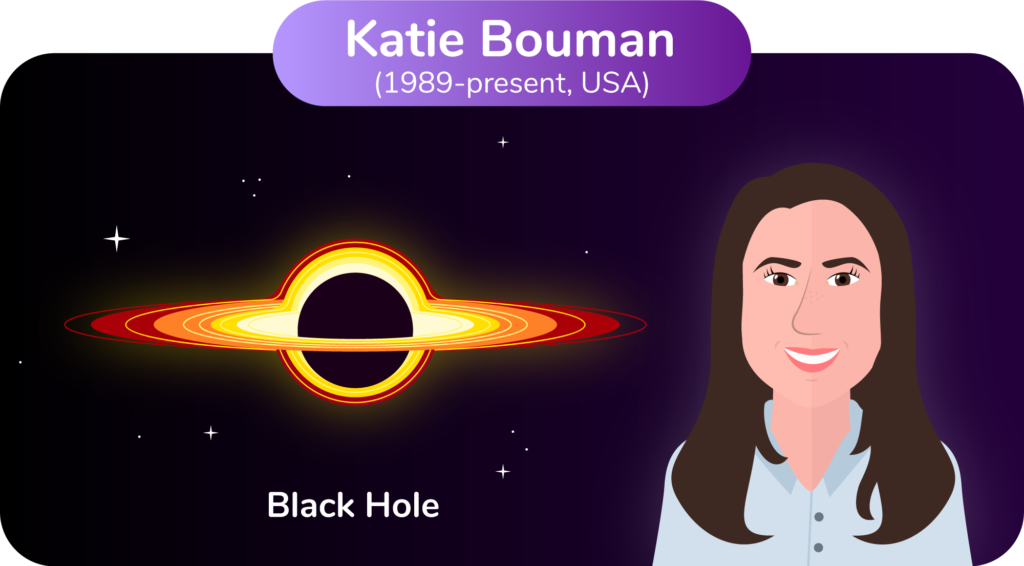
Katie Bouman is a computer scientist whose work was instrumental in capturing the first image of a black hole. Bouman developed an algorithm that allowed the image to be created using data collected by telescopes around the world. Her contributions were crucial to the success of the project and have opened new avenues for the study of the universe.
In the past, women around the world were prevented from accessing formal education. However, this situation still occurs today in some places. What effect do you think it could have for the advancement of science the fact that many women cannot access education yet?
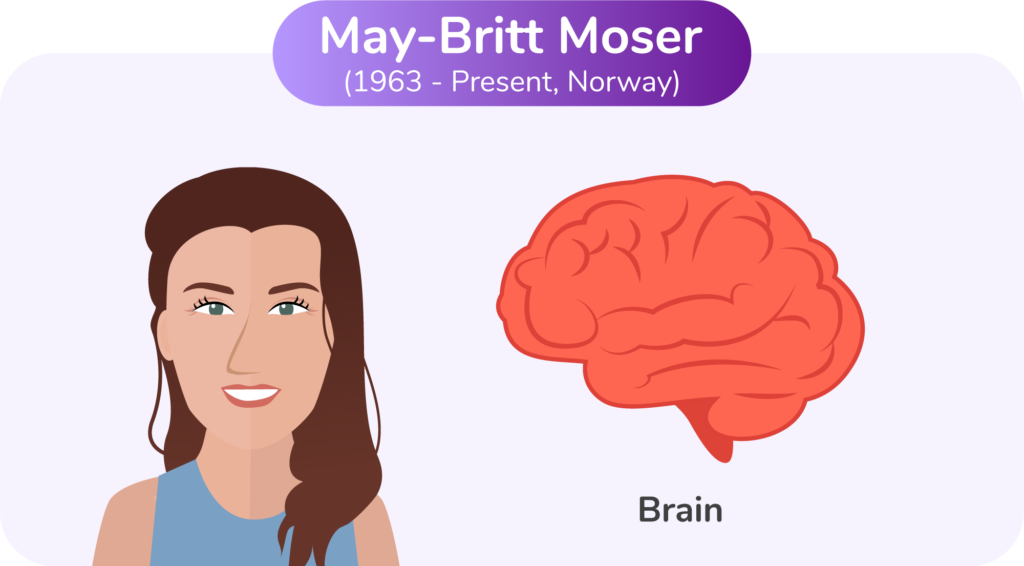
May-Britt Moser is a neuroscientist who, together with Edvard Moser, discovered grid cells, specialized neurons that help us know our position in space. Thanks to her work, new findings have been revealed about how the brain processes spatial information, which has important implications for the understanding of cognitive disorders such as Alzheimer’s disease. Moser’s contributions to neuroscience have earned her numerous awards, including the 2014 Nobel Prize in Physiology or Medicine.
Do you think May-Britt Moser’s contributions are less relevant than those of her research partner? How do you think people would have answered the above question in the 19th century?
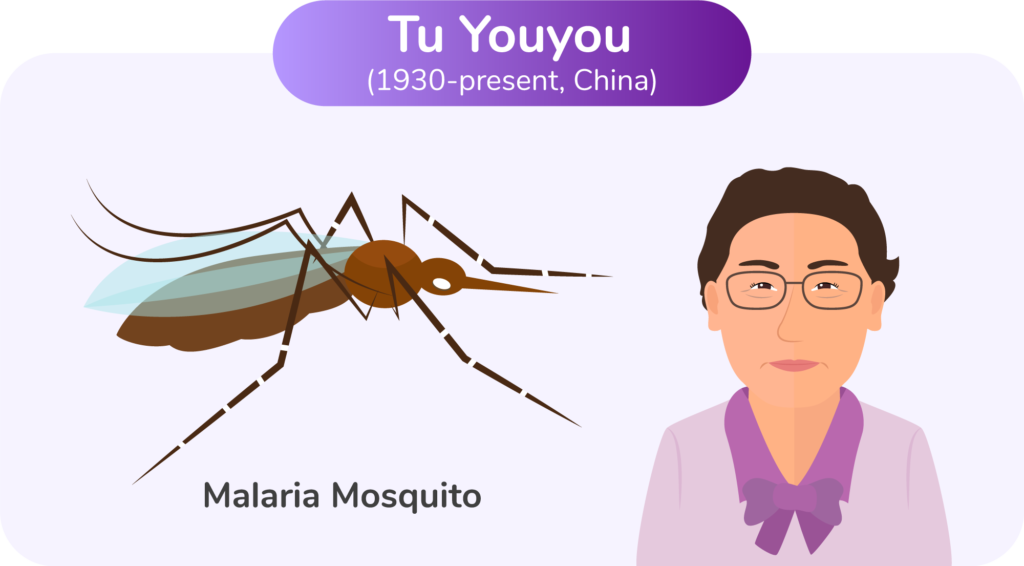
Tu Youyou is a Chinese pharmaceutical chemist who discovered artemisinin, a drug that has saved millions of lives by treating malaria. Youyou’s work has been credited with significantly reducing the death rates from this deadly disease. Her contributions to medicine earned her the 2015 Nobel Prize in Physiology or Medicine.
Youyou did it through medicine. And you, in what way or in what area do you imagine yourself influencing other people’s lives? How would you face the obstacles that might arise in order to achieve that dream?
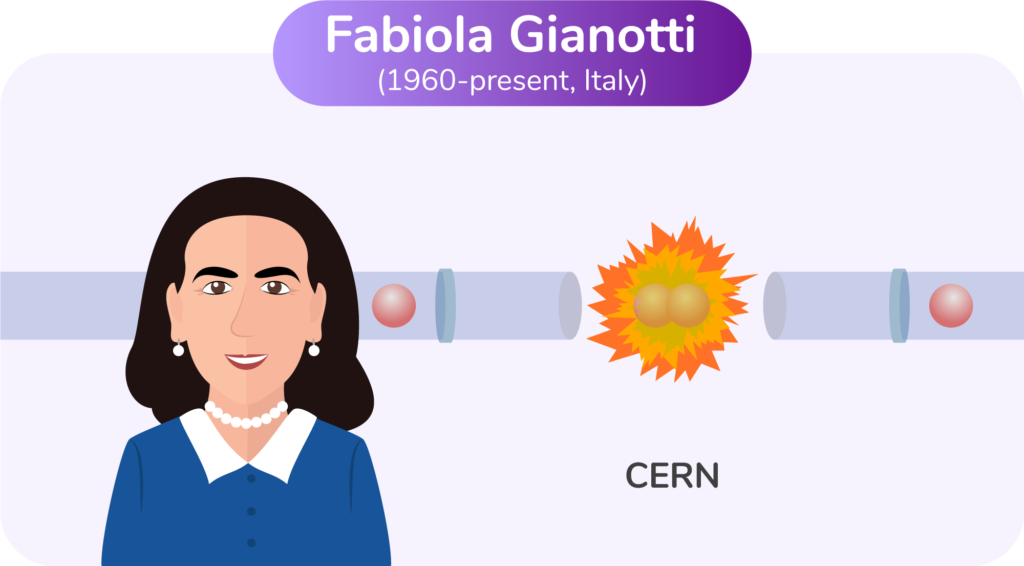
Fabiola Gianotti is a particle physicist who, in 2012, was the spokesperson for the team that discovered the Higgs boson, a fundamental particle that helps explain the origins of mass in the universe. Her work at CERN, the world’s largest particle physics laboratory, has been instrumental in advancing our understanding of the universe.
Fabiola had the role of communicating the results of the research she carried out together with her team. How many times have you taken and/or been assigned a similar role in a work team? How did you feel when representing your team in public?
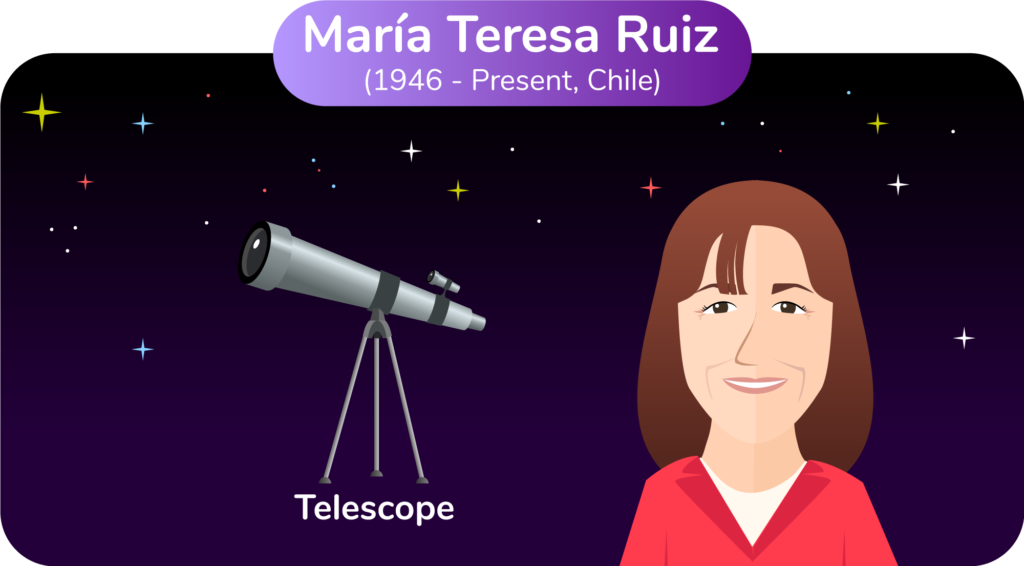
María Teresa Ruiz is a Chilean astronomer who has carried out important research in the field of star and planet formation; discovering, among other things, a supernova at the moment of exploding. In 1984, she became the first woman to earn a Ph.D. in astronomy from Princeton University.
In addition to her work as a researcher, Ruiz has been an active advocate for science education and gender equality in her country. She has received many awards and recognitions for her work, including the Chilean National Exact Science Award in 1997 and the L’Oréal-UNESCO Award for Women in Science in 2017.
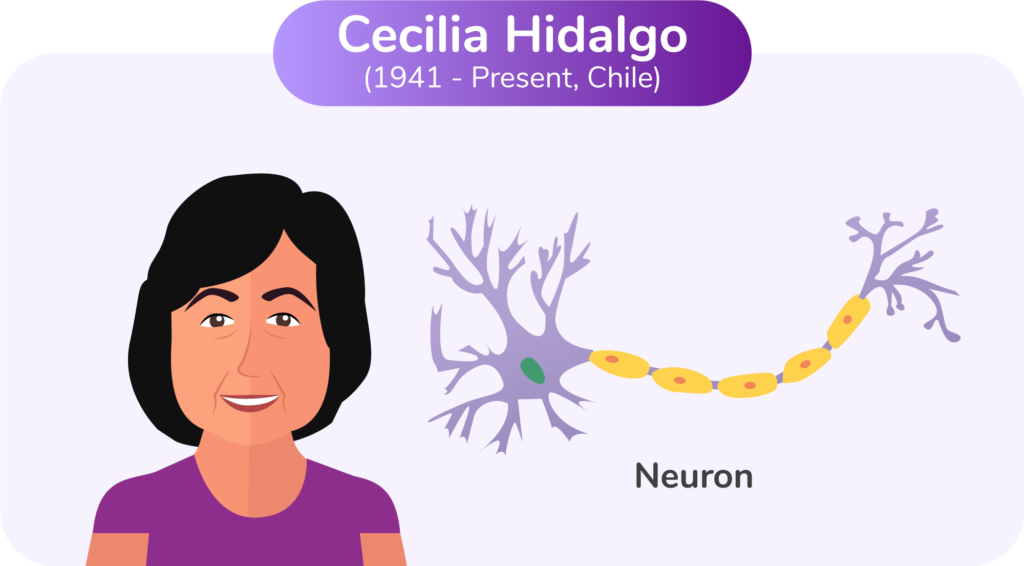
Cecilia Hidalgo is a Chilean biochemist who has been recognized for her work in the investigation of signal transmission in cells and its relationship with diseases such as Alzheimer’s. She is the first Chilean woman to obtain a Doctor of Science degree from the University in 1970. Since then, she has worked in research and teaching at her alma mater and at other universities in Chile and abroad.
Hidalgo has received numerous awards and recognitions for her work, including the Chilean National Natural Science Award in 2006 and the “Poncela” International Award for Research in Aging in 2019. In addition to her work as a researcher, Hidalgo has also been a leader in the promotion of education and gender equality in science in Chile.
How would you describe the contribution of these Chileans to local and international science?
These seven women are just a few examples of the many important contributions that women have made to science in recent years. Their groundbreaking work has advanced our understanding of the universe, revolutionized medicine, and paved the way for future generations of women in science. It is important that we continue to recognize and celebrate the achievements of women in science and work to remove the barriers and gaps that have historically prevented them from fully participating in scientific research.
At Lab4U we believe that you, the girl, teenager or woman reading this, can be the next scientist to revolutionize science or technology!




